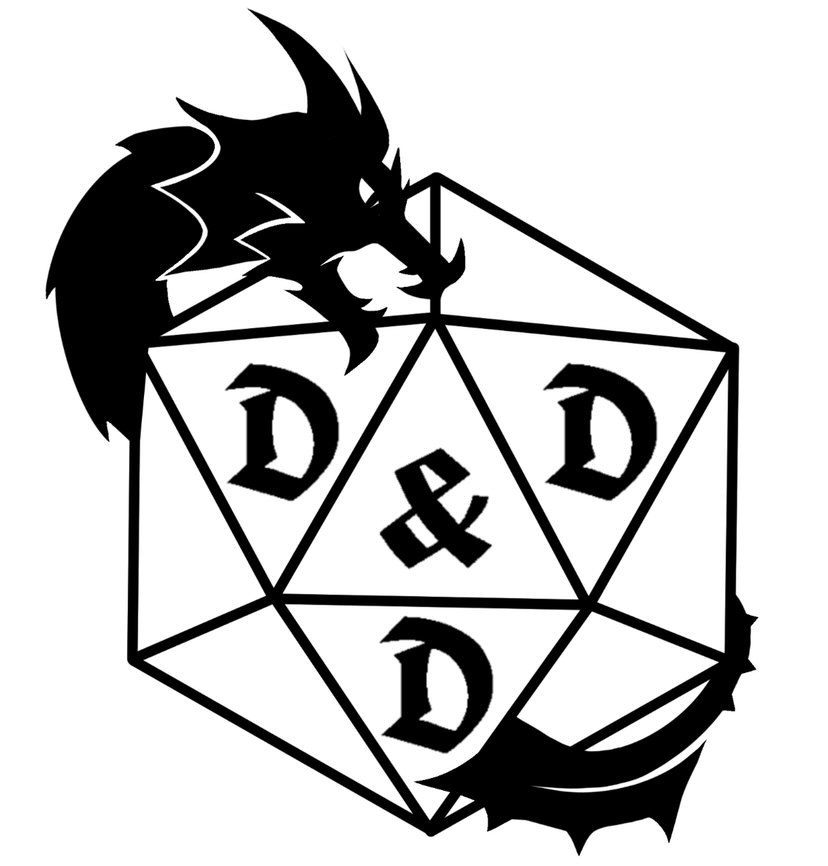Your party has crept up on an enemy camp.
The midmorning sun rises to the east, and it looks like the targets — a rival adventuring group — are packing up and getting ready to move out. This is your last chance to get the jump on them.
Leaping into action, your party ambushes them, swords drawn and spells prepared. You catch them unaware, managing to land some blows during a surprise round before…
Poof.
A sphere of fog in a 20-foot-radius engulfs the entire battle.
The enemy sorcerer has cast Fog Cloud.
See also:
- Kobold Press launches Kickstarter for collection of over 800 magic items
- Comic Relief offering a fully loaded D&D trip to a UK resident
- 6 things I miss about playing Dungeons and Dragons at a physical table
The official RAW for the 1st level spell Fog Cloud reads: “You create a 20-foot-radius sphere of fog centered on a point within range. The sphere spreads around corners, and its area is heavily obscured. It lasts for the duration or until a wind of moderate or greater speed (at least 10 miles per hour) disperses it.”
The important words here are Heavily Obscured. This doesn’t just mean that you can only see what’s right in front of you, this means that, according to Page 183 of the Player’s Handbook, “A heavily obscured area—such as Darkness, opaque fog, or dense foliage—blocks vision entirely. A creature effectively suffers from the Blinded condition (see Conditions) when trying to see something in that area.”
So yeah, everyone in that sphere of fog is basically Blinded, unless they have Blindsight (such as bats, oozes, and true dragons) — and no, having Darkvision doesn’t help you, here.
This takes us over to to the Blinded condition, which can be found on page 290/Appendix A of the PH.
Blinded
- A blinded creature can’t see and automatically fails any ability check that requires sight.
- Attack Rolls against the creature have advantage, and the creature’s Attack Rolls have disadvantage.
“Okay, so I try to hit the Sorcerer with my sword anyway. He was right in front of me, and he’s blinded too, right?”
Given that our Fighter friend here is blinded by Fog Cloud, she has disadvantage on attacks. However, because her target is also blinded, she has advantage on the attack against that blinded enemy.
These two ultimately cancel each other out, resulting in the Fighter (and anyone else attacking someone in the Fog Cloud) rolling straight.
“But what about my summoned Direwolves?” The Druid might ask. “They already have advantage from Pack Tactics, right? So shouldn’t that mean that I have two reasons for advantage, and only one reason for disadvantage, so I’d end up with normal advantage?”
Well…. no. At least not if you’re following RAW and RAI, that is (because we all know Rule Zero AKA what the DM says goes, can trump anything I — or Wizards of the Coast for that matter — ever write).
Jeremy Crawford, the principal rule designer of Dungeons and Dragons, stated in a tweet on March 24, 2018 that “advantages and disadvantages cancel each other regardless of the number of things that give either of them to you. Either you have advantage/disadvantage or you don’t. Instances of them don’t stack up.”
Advantage and disadvantage cancel each other regardless of the number of things that give either of them to you. Either you have advantage/disadvantage or you don’t. Instances of them don’t stack up. #DnD https://t.co/ZzYzEf4Lqe
— Jeremy Crawford (@JeremyECrawford) March 24, 2018
What this means is that even if you’re attacking a blind, prone, entangled enemy with a help action from an ally, if there’s even one reason for you to have disadvantage on the attack (let’s say you’re in a Fog Cloud), it cancels all the reasons you’d have advantage.
Soooo what the hell would anyone cast Fog Cloud for, if the advantage and disadvantage it offers automatically cancel each other out?
Well, given what we just went over about advantages and disadvantages cancelling each other out no matter how many are on either side, Fog Cloud essentially evens the playing field.
If one side of the fight clearly has advantage (from Pack Tactics, a clutch entangle, Fairie Fire, or any other number pf AOE spells), it’s in the other side’s interest to cast something like Fog Cloud or Darkness to force everyone who is affected to roll straight. This doesn’t change much for the side of the fight that was already rolling straight, but it completely nullifies any advantage that the enemy had been benefiting from all fight.
So consider Fog Cloud — and other spells like it — as a Great Equalizer or sorts.
…And a decent way for a spellcaster to stop that Barbarian from bashing their head in with all those Reckless attacks.
See also:
- Kobold Press launches Kickstarter for collection of over 800 magic items
- Comic Relief offering a fully loaded D&D trip to a UK resident
- 6 things I miss about playing Dungeons and Dragons at a physical table

